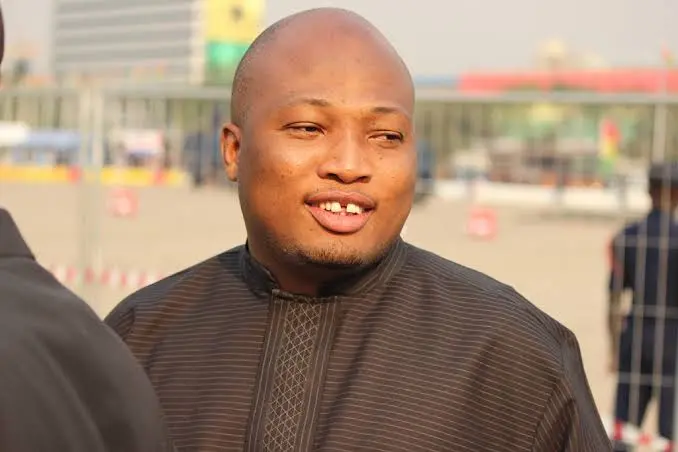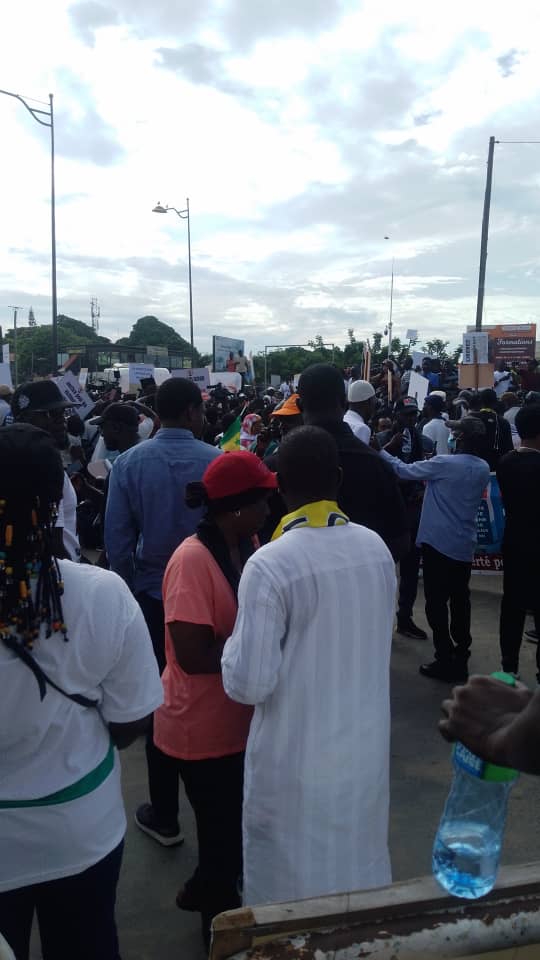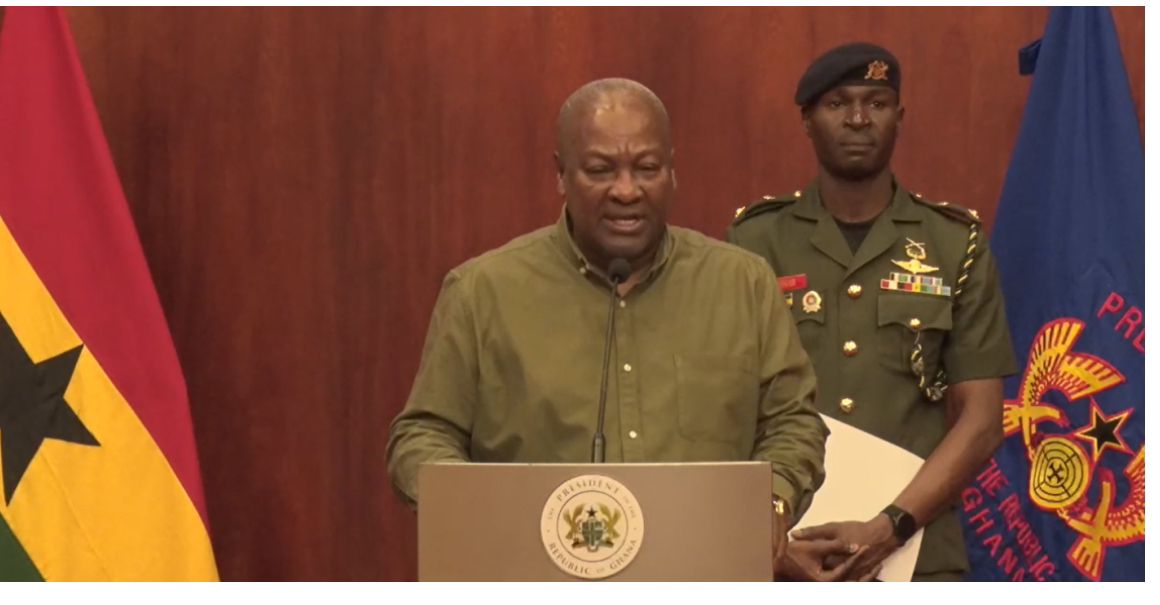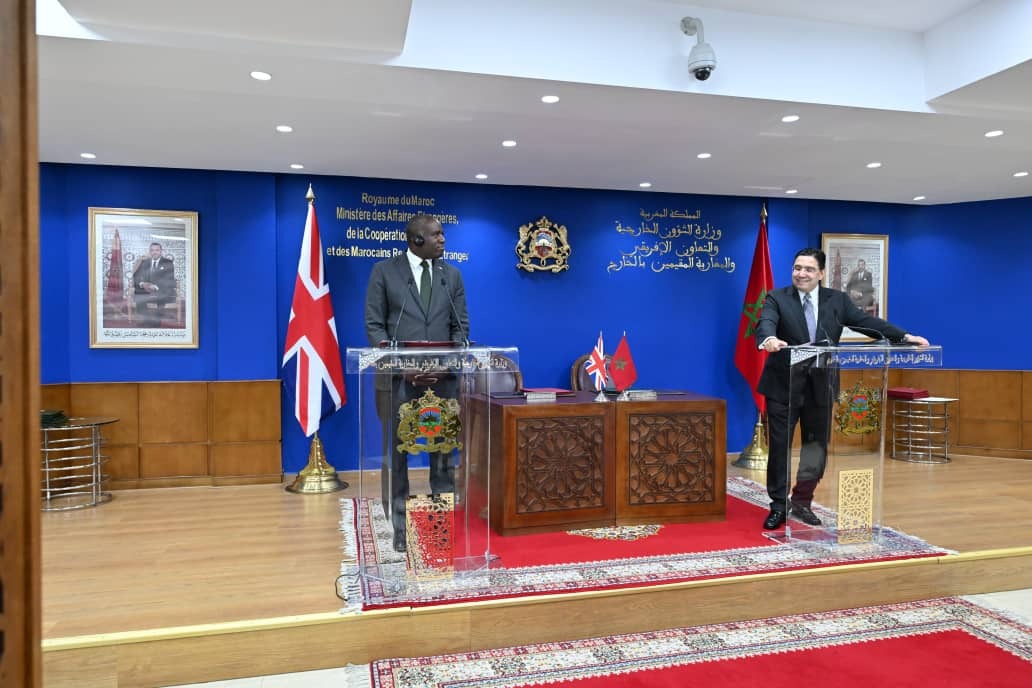Ghana’s foreign policy under the leadership of Foreign Affairs Minister Samuel Okudzeto Ablakwa has come under intense criticism, with many describing his appointment by President John Mahama as one of the most damaging decisions in recent times.
Observers say Ablakwa’s stewardship of the Foreign Ministry has been riddled with diplomatic missteps, partisan outbursts, and poorly calculated decisions that have strained Ghana’s relations with key international partners. His public utterances, often laced with bias and political undertones, are said to have unsettled the diplomatic community and eroded Ghana’s reputation as a stable, respected voice in global affairs.
The consequences have been severe. The United States government recently imposed visa restrictions on Ghana, citing unresolved diplomatic disagreements. Ghana has also been disqualified from accessing the Millennium Challenge Program, cutting off critical development assistance. Even more alarming, the country now risks being removed from the Africa Growth and Opportunity Act (AGOA), a program that provides duty-free access to U.S. markets for eligible African countries.
“These setbacks are not isolated incidents,” a senior political analyst told this paper. “They are the result of poor leadership at the Foreign Ministry and a lack of sound diplomatic reasoning.”
Perhaps the most controversial of Ablakwa’s decisions has been his endorsement of an agreement to allow the United States to transfer prisoners and ex-convicts to Ghana in exchange for financial rewards. Critics have blasted the move as a “national humiliation” and an unnecessary compromise of Ghana’s sovereignty.
Civil society organizations and political commentators have urged government to take urgent steps to restore Ghana’s credibility on the international stage. They argue that diplomacy should be grounded in principle, tact, and foresight — qualities they believe are currently lacking at the Foreign Ministry.
As Ghana edges closer to potentially losing its AGOA privileges, businesses, exporters, and ordinary citizens stand to bear the brunt of these foreign policy missteps. Many are now questioning whether Ablakwa is the right man to lead the country’s delicate engagement with the rest of the world.
For a nation that has long prided itself on being a beacon of democracy and diplomacy in Africa, the current situation represents a troubling departure. Whether Ghana can quickly repair the damage remains to be seen.



